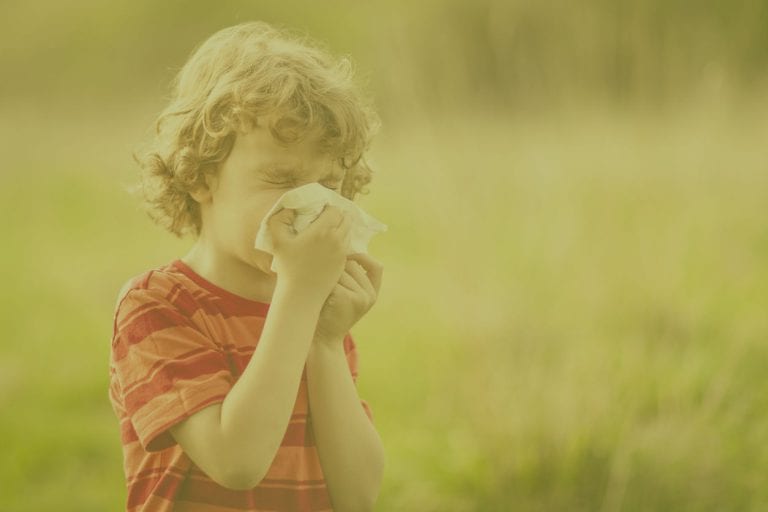Medicine or Malarkey: Do Home Allergy Remedies Actually Work?
April 4, 2017

When it’s allergy season, you’re always looking for relief from those itchy eyes and runny noses. Serious allergy attacks require medical attention, but how about treating minor irritations at home? You hear about home remedies like taking a teaspoon of local honey every morning, but is that fact or fiction? Find out what home remedies might help, and which ones might just be malarkey.
Common Sense Prevention
Under the category of medicine, the best remedy is prevention. If you already know what you are allergic to, try to lessen your exposure to it. For example, if you suffer from pollen every spring, keep the windows shut and stay indoors on those dry, windy days. If you want to spend some time outdoors, wait until after it rains.
When you come home, it’s a good idea to change clothes and shower immediately to rid your body of surface pollen. If you must go outside, consider wearing a pollen mask if your allergies are severe, especially when the local news is reporting high pollen counts.
Add Spicy Food to Your Diet
A little spice in your food will thin mucus naturally and help clear up your symptoms. It prompts you to drink more water, too, which also helps! It’s an effective trick for most kinds of allergies — unless of course, you are allergic to spicy foods.
Nasal Saline Rinse
Nasal irrigation does wonders for allergies. Just fill a container with saline (a neti pot is a classic choice), and pour the fluid into one nostril. It will work its way through your nasal cavity and into the other nostril, flushing out the allergens along the way. It sounds much worse than it is and if you’re consistent, it will help relieve most seasonal allergies. You shouldn’t try this treatment, though, if you have an ear infection or if one nostril feels plugged. Just be sure to keep your neti pot very clean and use distilled, sterile or filtered water.
Grab the Butterbeer
No, we didn’t say Butterbier (sorry!) — it’s butterbur. You may have never heard of it, but if you suffer from seasonal allergies, you’ll want to find some. Butterbur is a member of the sunflower family and the extract is proven to work just as well as over-the-counter antihistamines. You can find butterbur extract on the supplement aisle of your favorite drug or grocery store. Make sure you stick to the processed extract, though. The plant itself is toxic to the liver.
What About Local Honey?
That one may be a bit more malarkey than medicine. The theory behind taking local honey for allergies is that it helps you build up immunity to regional pollen. That is not supported by clinical studies, but that doesn’t mean honey doesn’t offer some medicinal value.
Honey is a natural cough suppressant and offers anti-inflammatory properties. If you buy it locally, you do indeed expose yourself to small traces of local flower pollen. It is a common medical practice to expose patients to a small amount of an allergen over and over to treat an allergy, so if you find it helps you, continue to use it. Just don’t give honey to babies under a year old.
You can do a lot at home to make allergy season more pleasant. However, if you are suffering from prolonged symptoms which feel like they may be developing into something worse, get a medical evaluation at your nearest CareSpot urgent care center.
